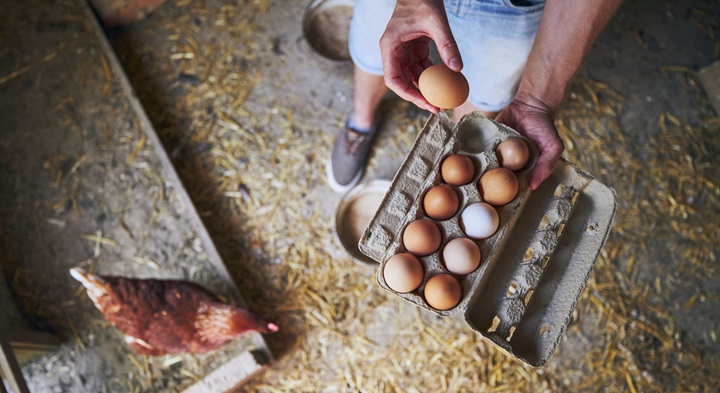
Prominent food and beverage company The Figaro Coffee Group won praise today from international NGO Lever Foundation for its new commitment to source 100% cage-free eggs globally by 2035. The company joins fellow restaurant chain Andok’s and an increasing number of food groups in the Philippines—such as Abaca, Am-Phil and several others—in pledging to eliminate caged eggs from their supply chains.
The Figaro Coffee Group, which operates 203 stores worldwide—including 64 Figaro Coffee outlets, 124 Angel’s Pizza branches, 10 Tien Ma’s Taiwanese cuisine restaurants, and 1 Koobideh Kebabs location—has committed to implementing this policy across all of its brands, reflecting its commitment to ethical sourcing on a global scale. Similarly, Andok’s, one of the Philippines’ largest and most established food chains with over 70 dine-in locations nationwide, has recently pledged to use 100% cage-free eggs across all outlets by 2035.
“We are proud to support animal welfare and sustainable food practices with our new policy of sourcing only cage-free eggs and egg ingredients across The Figaro Coffee Group supply chain by 2035,” said Ace Azarraga, Marketing Director of The Figaro Coffee Group. “Our dedication to ethical sourcing reflects our broader mission to nourish our community, provide fair employment, and uphold responsible business practices.”
“We applaud both The Figaro Coffee Group and Andok’s for their dedication to promoting animal welfare and sustainability,” said Robyn Charisse del Rosario, Sustainability Program Manager Philippines at international NGO Lever Foundation, which worked with both companies on these commitments. “Their leadership highlights the growing importance of ethical sourcing in the food industry and sets a positive example for other regional companies to follow.”
Cage-free egg production, in which hens are given the freedom to move in open indoor environments, improves animal welfare and significantly lowers food safety risks compared to caged egg production. Exhaustive research by the European Food Safety Authority found cage-free egg farms have up to a 25 times lower rate of contamination by key salmonella strains than caged eggs, leading the EFSA to issue a recommendation to allow only cage-free egg production. An increasing number of consumers have also been leaving eggs off their plates as the best way to protect laying hens.

